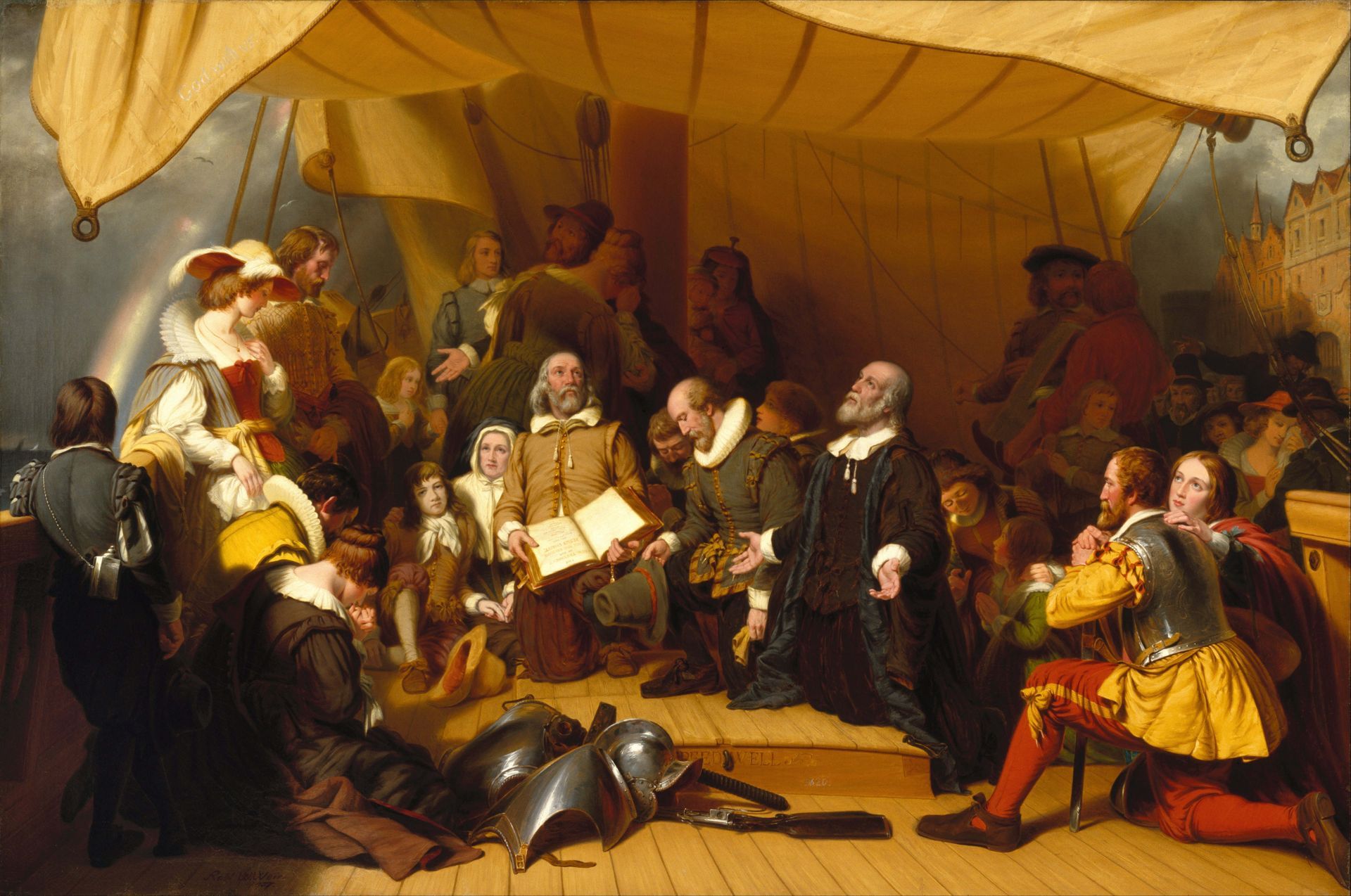Questions on the Road: “Is Genesis 1 Poetic?”
Something you may or may not have heard is the claim that Genesis 1 is Hebrew poetry. I have heard several people from various backgrounds and persuasions make the simple statement that, “Genesis 1 is poetic.” Now the intentions of some may be harmless, but it is an often-cited response by those attempting to claim that Genesis 1 should not be read as history.
The resulting consequence is the open interpretation of Genesis 1 in accordance with any and all worldviews. It does not need to be taken as factual history; it can be God’s colorful description of how He used evolution and billions of years to bring about life and the universe.
Those who attempt to defend the poetry position may use the argument of “Hebrew parallelism”, which may look something like this:
Day 1 : God “separates” light and dark → Day 4 : God “fills” the light with the sun and the dark with the moon
Day 2 : God “separates” the waters → Day 5 : God “fills” the upper waters with birds and the lower waters with fish
Day 3 : God “separates” the land from the water → Day 6 : God “fills” the land with animals and people
Day 7 : God rests → Uh … no parallel
You may already see some major problems with this, especially if you understand what God actually did on each day.
Extensive scholarship has conclusively decided that Genesis 1 is NOT a poetic passage.
Dr. Edward Young, who studied at Stanford, Leipzig, and Dropsy and taught Old Testament at Westminster Theological Seminary, wrote:
Genesis one is not poetry or saga or myth, but straightforward, trustworthy history, and, inasmuch as it is a divine revelation, accurately records those matters of which it speaks. That Genesis one is historical may be seen from these considerations. (1) It sustains an intimate relationship with the remainder of the book. The remainder of the book (i.e., The Generations) presupposes the Creation Account, and the Creation Account prepares for what follows. The two portions of Genesis are integral parts of the book and complement one another. (2) The characteristics of Hebrew poetry are lacking. There are poetic accounts of the creation and these form a striking contrast to Genesis one. (3) The New Testament regards certain events mentioned in Genesis one as actually having taken place. We may safely allow the New Testament to be our interpreter of this mighty first chapter of the Bible. ( Studies in Genesis One , Baker, Grand Rapids, 1975, p. 105)
Dr. Stephen Boyd, who studied at Hebrew Union College, taught at The Master’s College, and now teaches at Calvary University, authored the tenth chapter of Thousands…Not Billions (Master Books, Portland, 2005, pp. 157-170), in which he demonstrated the grammatical differences between Hebraic poetry and Hebraic narrative.
For example, narrative/historical passages in Hebrew use more preterite verbs; poetic passages use more perfect and imperfect verbs. Exodus 14 is the narrative/historical record of the Red Sea crossing, while Exodus 15 is the poetic/musical record of the crossing. The historical passage uses 55% preterite verbs while the poetic passage uses 95% perfect and imperfect verbs.
Genesis 1 uses 60% preterite verbs and only 10% perfect and imperfect verbs, meaning the passage is one of the most historical/narrative passages in all the Old Testament!
In my discussions with Dr. James Smith, who also studied at Hebrew Union College and taught at Cincinnati Bible Seminary and Florida Christian College, he emphasized the importance of the waw -consecutive in Genesis 1. The Hebrew word waw (pronounced “vav”) means “and”. When it is in the waw -consecutive, it means “immediately thereafter”. Dr. Smith pointed out that it is in all 31 verses, which is why each day begins with “And” or “Then”, depending on your translation. This means the events of Genesis 1 all occurred “immediately thereafter” in the manner described. There cannot be any gaps of any kind between the days of Genesis 1; each day came “immediately thereafter” the other days. This also makes Genesis 1 narrative/historical and not poetic.
So the next time you hear someone state that Genesis 1 is poetic, hopefully he or she is open to the truth and are willing to hear you lovingly explain the trustworthiness of the perfect record of history found only in God’s Word.



